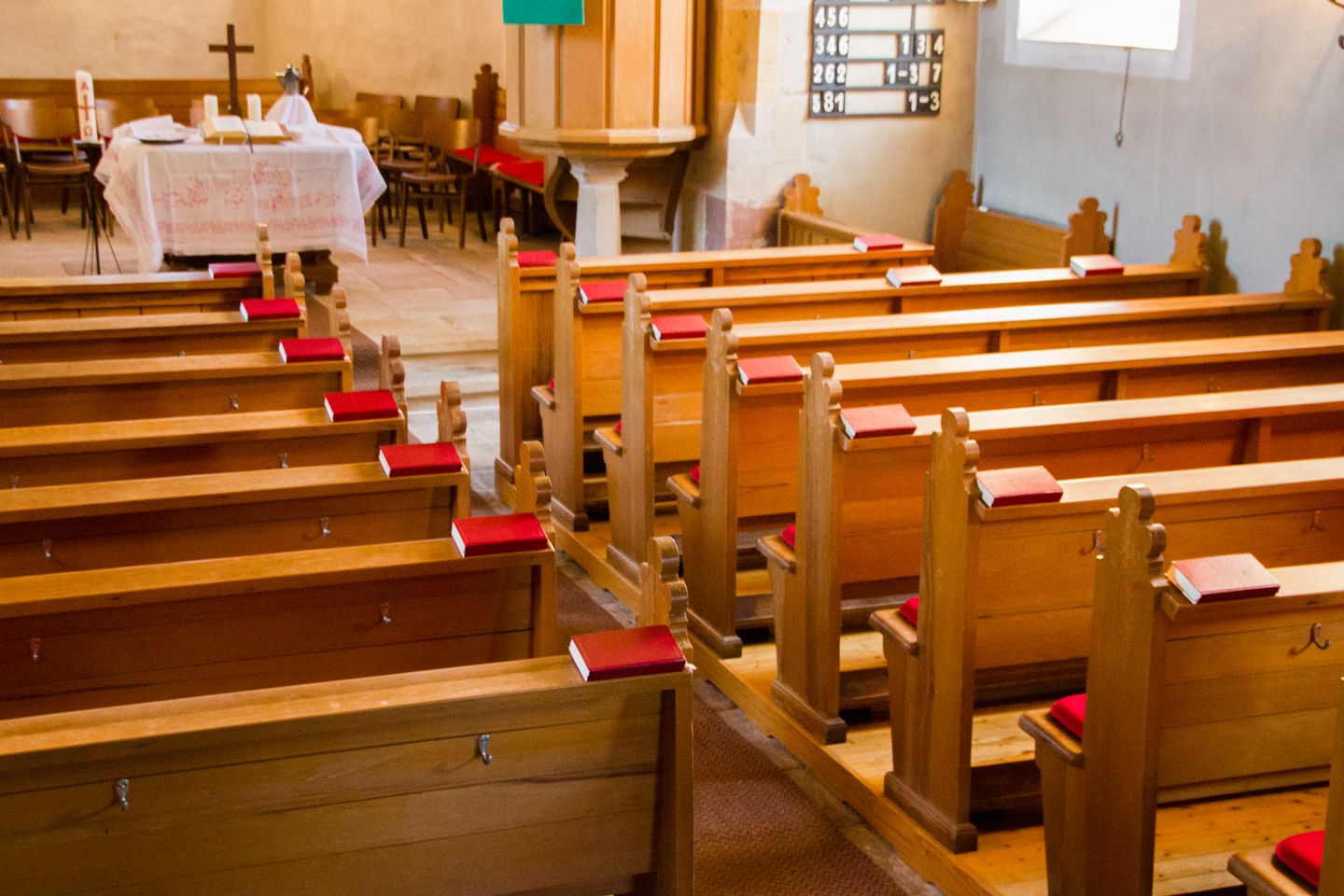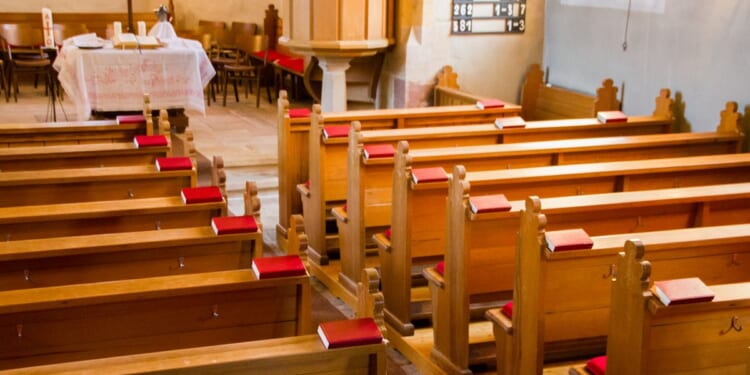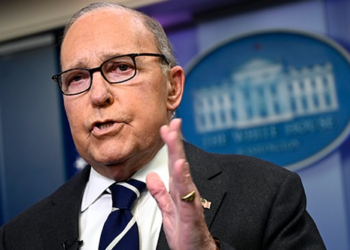
Just 49% of Americans participating in the Gallup poll say religion matters to their daily lives, down 17 percentage points from a decade ago.
It’s the first time fewer than half of U.S. adults have given this answer in annual surveys dating back to 2007, the polling company said Thursday.
It also brings Americans closer to the 36% of adults in 38 other wealthy nations who described religion as important to daily life in the latest global survey. That narrows a gap that has long given the U.S. a reputation for piety.
“Such large declines in religiosity are rare,” Gallup analysts Benedict Vigers and Julie Ray wrote in a summary of the findings.
They noted that only 14 of 160 countries participating in the annual survey have reported drops of at least 15 percentage points over any decade since 2007.
Greece, Italy, and Poland were the only wealthy nations with larger declines than the U.S. The numbers in Chile, Turkey and Portugal declined at a similar pace.
Gallup based its U.S. results on a randomized national telephone survey of 1,000 adults ages 15 and older. It administered the poll from June 14 to July 16, yielding a 4.4-point margin of error at the 95% confidence level.
“The U.S. increasingly stands as an outlier: less religious than much of the world, but still more devout than most of its economic peers,” Mr. Vigers and Ms. Ray wrote.
The decline in religiosity comes as the number of Americans with no religious affiliation has grown in recent decades.
According to the Catholic Church, the nation’s largest religious group, the number of these “nones” now outnumbers its over 60 million U.S. adherents.
“You could point to the sex abuse crisis, which made many Catholics leave the church,” said the Rev. James Martin, a Catholic priest and editor at America magazine. “But more broadly, increasing demands on people’s time also mean that they have less time for prayer and religious services.”
Christian Smith, a University of Notre Dame sociologist who studies religious disaffiliation, said adherence to traditional religions has declined sharply since the early 1990s.
“The decline is mostly generational,” Mr. Smith said in an email. “Since Boomers, each generation is less religious, with Millennials showing the biggest drop.’
The Council on American-Islamic Relations, an advocacy group representing the nation’s roughly 4 million Muslims, attributed the trend to a growing exclusion of religion from public debate.
“We see it has become common to mock people of faith, push them out of policy debates, and call them bigots if their opinions don’t align with prevailing secular sentiment,” said Edward Mitchell, CAIR’s deputy director. “You see that with Christians, Muslims, Orthodox Jews and others.”
Morton Klein, president of the Zionist Organization of America, noted that religious observance also plunged when the COVID-19 pandemic closed houses of worship in 2020.
He pointed to a 2023 Pew Research study that found the share of people attending religious services at least monthly dropped from 33% in 2019 to 30% in 2022.
“Technology, with all the blessings it brings, also may accustom people to sitting behind a screen rather than communing with G-d or attending church or synagogue,” Mr. Klein, who took over the Jewish advocacy group in 1993, wrote in an email.
Mr. Klein and others said a growing disgust with politics, sex scandals and financial misconduct has also pushed people away from organized religion.
“You shouldn’t always believe what people say to pollsters,” said the Rev. Tom Reese, a Catholic priest and analyst at Religion News Service. “When you talk to young people, they still want spirituality and community. The problem is that churches aren’t feeding them.”
Studies have long shown that many Americans continue to read the Bible, pray and profess belief in a higher power long after quitting organized religion.
More recent research has also suggested a surge in religious interest from young adults since the pandemic.
The Barna Group, an evangelical Christian research firm, reported this month that weekly Bible reading surged from a 15-year low of 30% last year to 42% in its 2025 poll.
Young adults drove the surge, with 50% of millennials born between 1981 and 1996 reading the Bible weekly this year. That’s up 16 points from 2024.
Among Generation Z survey respondents born between 1997 and 2012, the share of weekly Bible readers jumped from 30% to 49% in the annual surveys.
Barna Group chalked up the rising interest to the increased popularity of biblical social media applications. For example, it noted that the YouVersion Family of Bible apps would reach 1 billion downloads this month.
“Bible reading is rising again across generations, marking a reset to faith engagement levels we haven’t seen in a decade,” David Kinnaman, Barna Group’s CEO, said in a statement.










